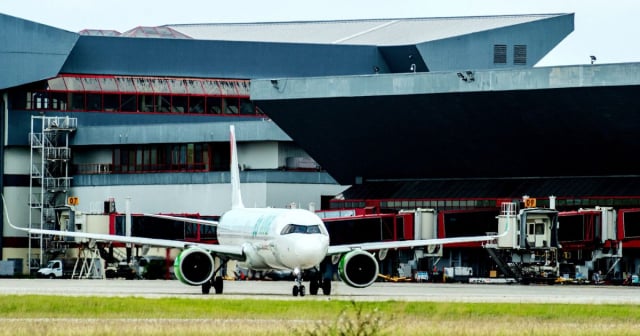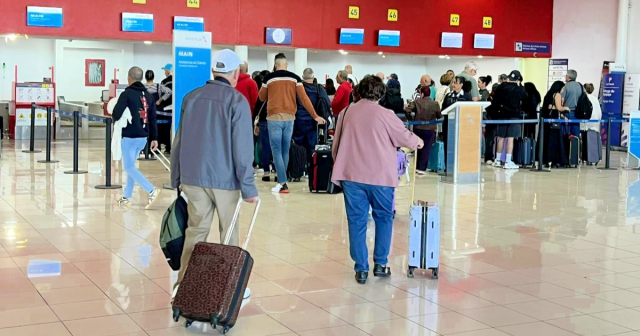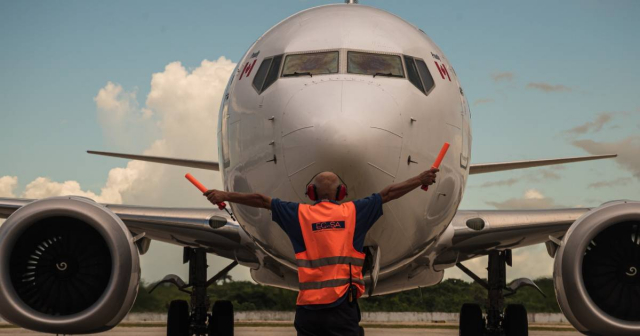A Cuban woman was astonished by the exorbitant prices of products at a café in José Martí International Airport in Havana, where sweets range from 700 to 2,000 pesos.
During her trip, the young woman documented in a video shared on TikTok (@cuba.live2) the offerings of the café, which included coffee, soft drinks, cookies, and sorbets, highlighting the stark difference between the prices and the purchasing power of most Cubans.
The young woman described the airport as a space dominated by cafés and souvenir shops, highlighting that while a variety of products is available, the prices make many items unaffordable for domestic travelers.
Moreover, he mentioned that alongside these cafés, there are other facilities at the airport, such as airlines and exchange offices, which highlight a stark contrast between the luxury of the shops and the economic reality faced by Cubans.
In another video, the young woman continued to showcase the airport environment, describing a space filled with small businesses, travel agencies, shops, and even a market.
“Here, the atmosphere is completely different,” he remarked, highlighting the presence of screens for watching soccer, cafés with tables for dining, and the strong aroma of food and coffee that defines the place.
Although the airport presents a modern image and a variety of options for travelers, the exorbitant prices at its establishments highlight the contrast with the country's economic reality.
For many Cubans, these spaces seem designed exclusively for those with access to foreign currency or high incomes, leaving the majority of the population excluded.
The young woman concluded her tour by demonstrating how, after passing through cafes and small businesses, travelers arrive at the parking area and the terminal that connects to the main road, wrapping up a narrative that highlights the economic disparities evident even in a transit spot like the airport.
In the past, José Martí International Airport has been the subject of much criticism.
In 2023, a Cuban woman reported the scam her mother fell victim to at a store. According to the internet user Yanisel Leyva in the Facebook group "Cubans in Spain," her mother was charged an excessively high price for three boxes of cigarettes at a store in freely convertible currency (MLC) outside Terminal 3 of the airport.

"Each box was priced at a little over 1, and they charged her €12.22 for the 3 boxes, which did not exceed a total of €4. My mother didn’t realize it in the moment due to the stress of the trip, and the girl who attended to her took advantage of that and didn’t even tell her the amount; she simply charged her and scammed her," Leyva wrote in his post.
In October, the facility was plunged into darkness due to the massive blackout that affected Cuba, but the regime assured that airplanes can land without issues thanks to backup generators.
In a statement, the Cuban Aviation Corporation (CACSA) assured that the country's international airports, including the services and systems at their facilities, have energy backup to ensure the operation of the aircraft.
Filed under:






